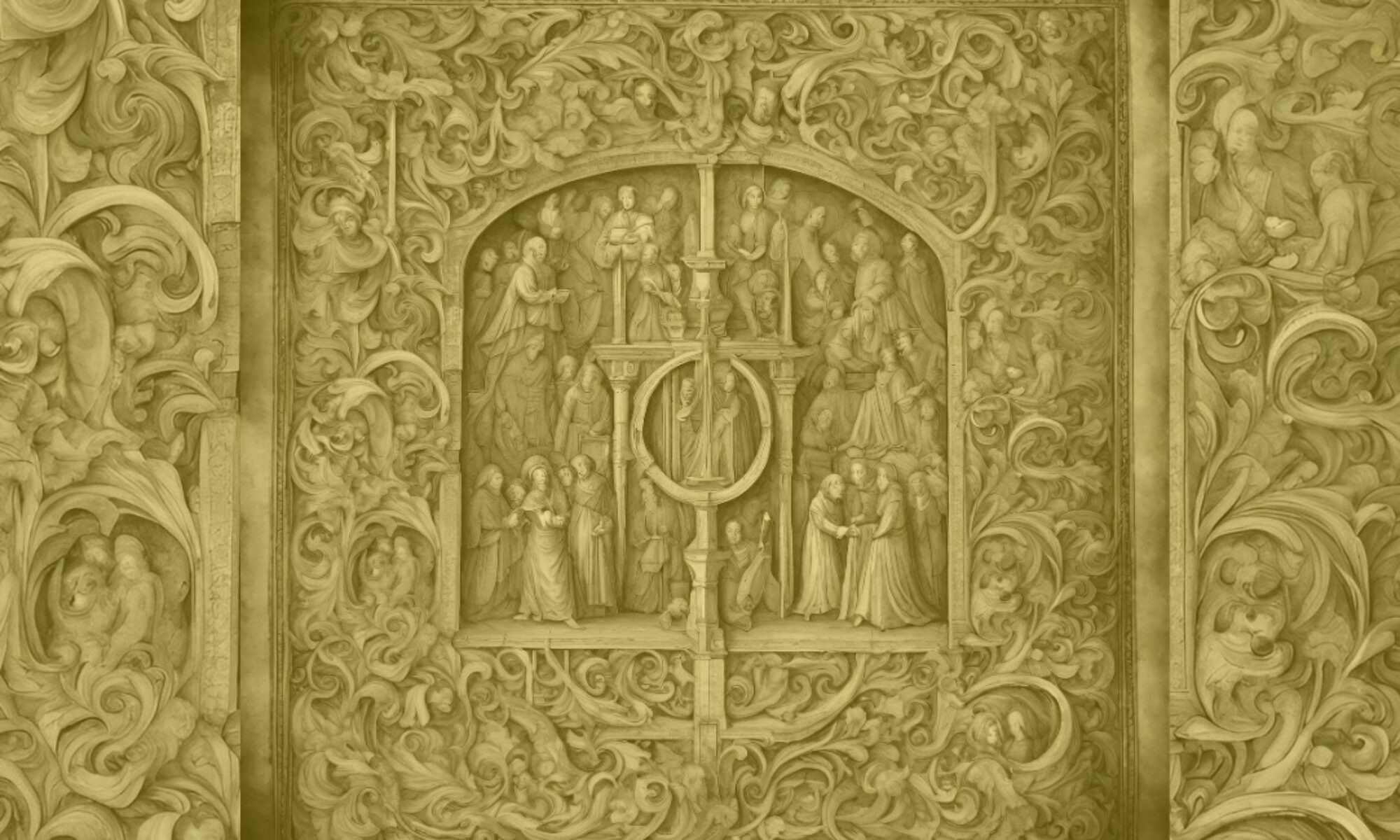In the beginning
Once upon a time, a few years ago, three mythology graduate school classmates walked together on the pier in Santa Barbara.
“I was thinking,” Rachel said, as the sun set over the water. “We should run a workshop together.”
“Yes!” Stephanie said.
“Yes!” Joanna said.
“What will we call ourselves?” Rachel said.
“Well, there are three of us,” Stephanie said. “Like the Graces. Like the Fates.”
“We’ll be the Fates and Graces,” Rachel said.
“But later, right?” Joanna said. “After we finish?”
“Oh yes,” Rachel said. “Later. After we finish.”
🌀 🌀 🌀
Their coursework ended and they started writing dissertations. Stephanie set out in search of the Whore of Babylon. Rachel traced the threads that connect textile work and fairy tales. Joanna read creation myths for imagery about creativity. One day she attached a new whiteboard to the wall in her office, and on a whim, she wrote in magic marker ~~ “Welcome to the Mythologium” ~~ to put herself in a mythic mood. And the three friends video-conferenced every few weeks.
But they were lonely, too. They missed their cohort gatherings. They tried attending conferences, but at those other gatherings, myth often felt tangential. A little out of place. There wasn’t a conference that focused on mythology. There wasn’t a place just for mythologists.
Let there be a conference
And then, during the winter solstice of 2018, an impulse seized Joanna.
“We should start a conference,” she said on their New Year’s Day video call. “For mythologists. For our tribe.”
“Yes!” Stephanie said.
“Yes!” Rachel said.
“But later,” Stephanie said.
“Yes, later,” Rachel said. “Definitely after we finish our dissertations.”
Joanna said, “We should do it now.”
“But we have jobs,” Rachel said.
“And families,” Stephanie said.
“And dissertations!” Rachel said.
“That’s ok,” Joanna said. “We can do it. Now is the time. I can feel it. This year.”
They all stared at each other on their computer screens.
“But what will we call it?” Rachel said.
Joanna remembered her whiteboard. “We’ll call it the Mythologium. The Fates and Graces Mythologium.”
🌀 🌀 🌀
So the three of them found a nice hotel with a conference room, and they worked through a thousand and thirteen to-do lists. They reached out to all the mythologists they could.
And then it happened. The tribe gathered. Twenty mythologists presented their research. They all read poetry and did writing exercises, and they shared food and wine. Everyone reconnected with their own work and with their tribe.

Epilogue
The Fates and Graces Mythologium is a conference by, for, and about mythologists. The Mythologium is all about our tribe.
We don’t necessarily recommend starting a conference while finishing dissertations, working full time, and managing households, but we’re glad we did. The Mythologium reminds us that sometimes crazy ideas are the right ideas. Sometimes “later” actually means “now.” And sometimes the name of an idea gives you the energy to make it real.
We knew that if we could get everyone into a room, the magic would happen, but the reality of it blew us away. Our tribe is full of incredibly smart, soulful, open-hearted people. We adore them all. And we’re so excited to hear everyone’s presentations at next year’s conference!
🌀 🌀 🌀

🌀 🌀 🌀













